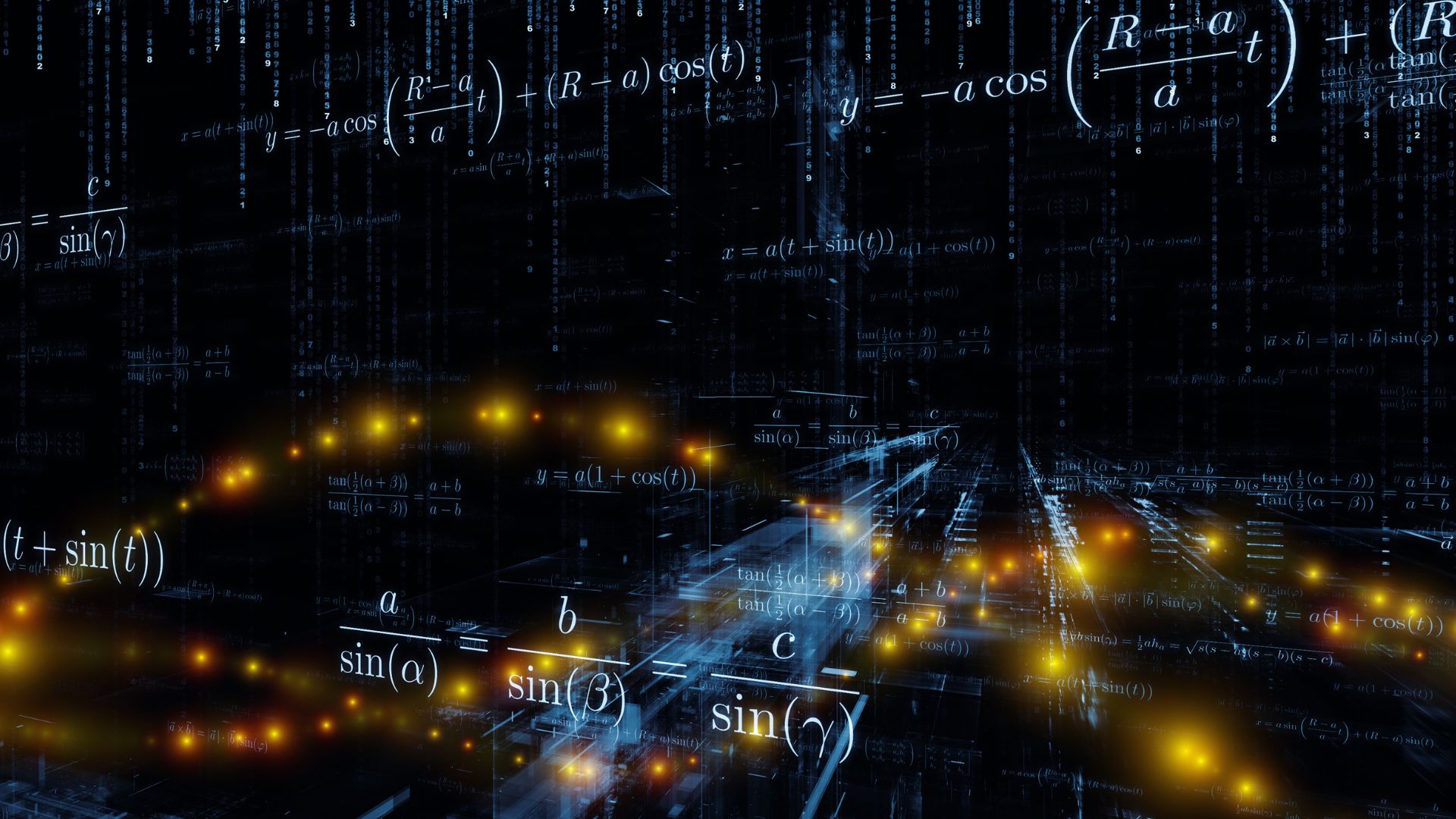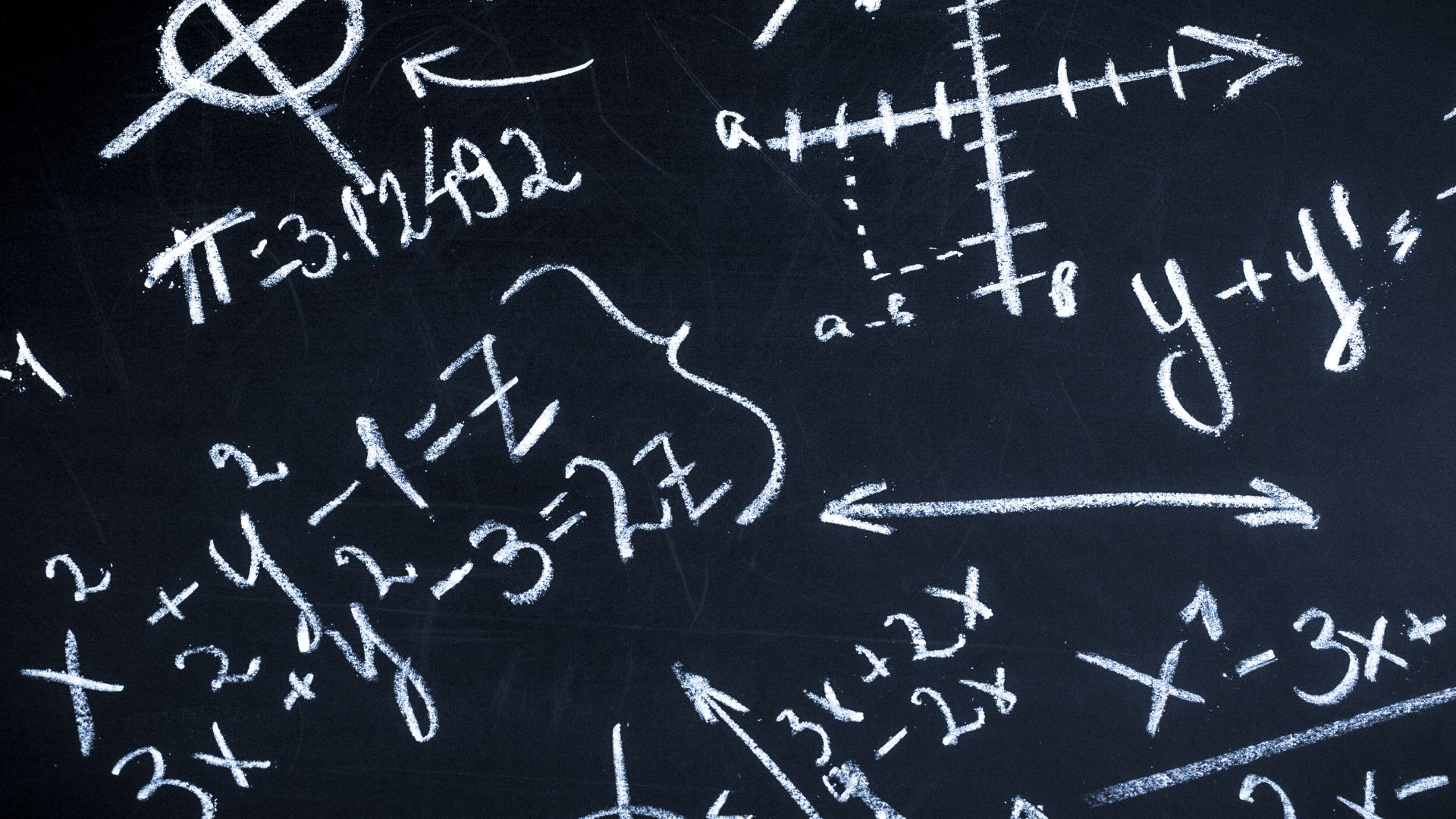Game Theory in Action: Understanding Strategic Decision-Making through Mathematics

Game theory, a branch of mathematics, provides a framework for understanding strategic decision-making in competitive situations. By modeling scenarios as games, where players make decisions to maximize their outcomes, game theory helps to analyze and predict the behavior of individuals and groups in various fields, including economics, politics, and business.

One of the fundamental concepts in game theory is the Nash equilibrium, named after mathematician John Nash. This occurs when players in a game choose strategies that are mutually optimal, meaning no player can improve their outcome by changing their strategy unilaterally. Understanding Nash equilibria helps in predicting the outcomes of strategic interactions and designing mechanisms that promote cooperation and efficiency.

In economics, game theory is used to analyze markets and competition. For example, companies use game theory to determine pricing strategies, considering the potential reactions of competitors. This strategic thinking helps businesses maximize profits while maintaining a competitive edge.

In politics, game theory aids in understanding negotiations and alliances. Politicians and diplomats use game theory to anticipate the actions of other parties, enabling them to craft strategies that achieve their goals while minimizing conflict. This is particularly useful in international relations, where the stakes are high, and the outcomes can significantly impact global stability.

Moreover, game theory is instrumental in decision-making within organizations. Managers use it to analyze employee behavior, design incentive systems, and allocate resources efficiently. By understanding the strategic interactions within their teams, leaders can create environments that foster collaboration and innovation.




